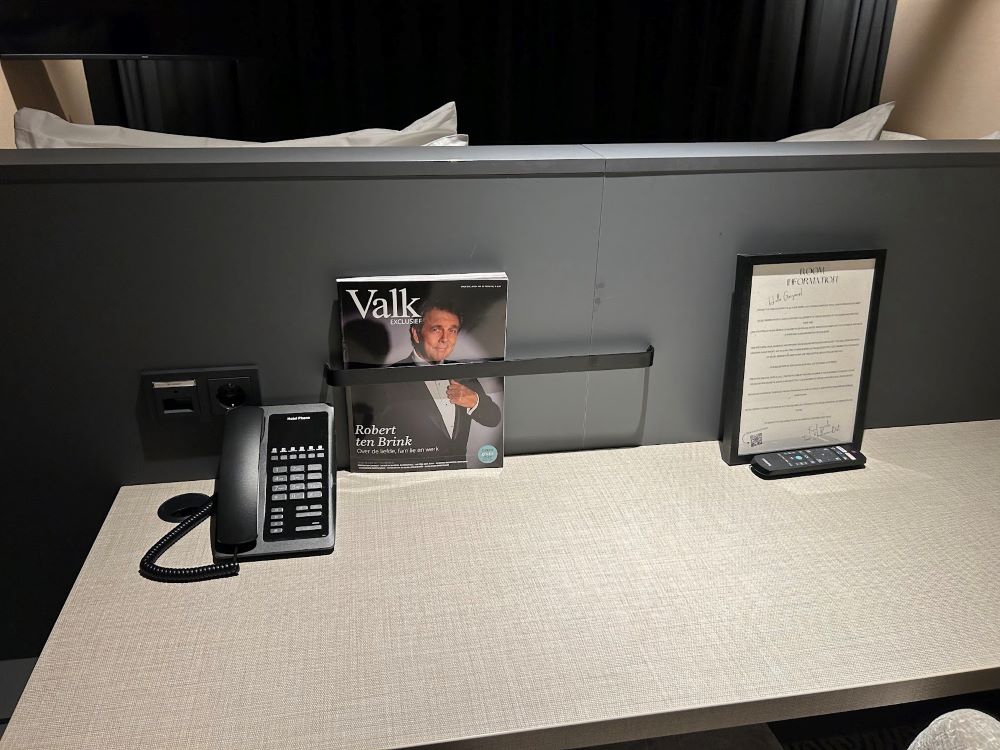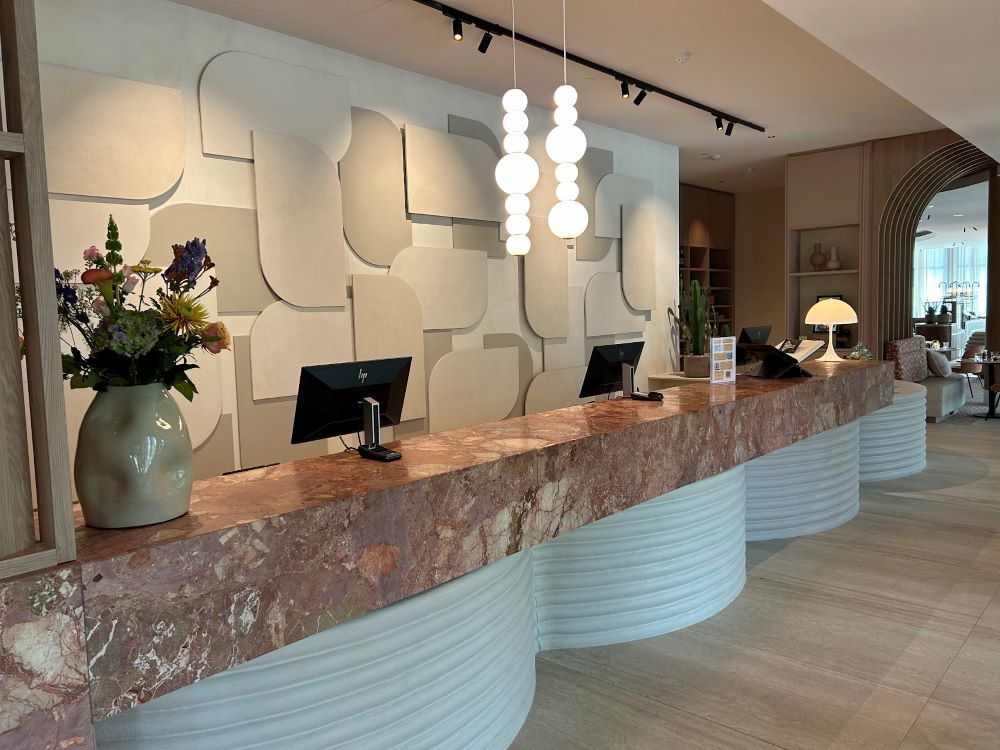Do not follow rumors, but wait for official announcements from hotel management or emergency services.
It is easier said than done, because there were no communications from hotel management. Waking up by an evacuation alarm in the middle of the night is an experience that no one aspires to, but for guests of the Van der Valk hotel in Best this scenario became reality. On Saturday, February 17, around 04.40:XNUMX am, guests at the hotel on Eindhovenseweg Zuid were woken up by the blaring sound of the alarm. This incident, which ultimately turned out to be a false alarm, is not a unique occurrence within the Van der Valk hotels chain.
In such incidents, the response of both staff and guests is crucial. In Best the alarm was switched off within a few seconds and it quickly became clear that it was a false alarm. However, this was not the case in other Van der Valk hotels, such as Hotel Sélys Liège, Van der Valk Hotel Emmen, and the Theaterhotel de Orangerie in Roermond, where similar incidents took place in the past. In these incidents, the response of the emergency services was immediate and intensive, a stark contrast to the situation in Best, where no emergency services arrived on the scene because it quickly became clear that there was no danger.
The response to the false alarm in Best shows that there is room for improvement in the hotel's communication and crisis management. Guests walked through the hallways in confusion, unsure of the situation due to a lack of information. This emphasizes the importance of good preparation and communication in emergency situations. Hotels, including those of the Van der Valk chain, must inform and guide their guests in the event of such incidents, something that was clearly lacking in Best.

It is the responsibility of both hotels and guests to be prepared for emergencies.
It is essential that guests are informed of safety procedures upon arrival at a hotel. Knowledge of escape routes and the importance of not using elevators during a fire are crucial elements of the safety instructions that should be provided to guests. In addition, it is important that hotels have clear protocols in place in the event of a false alarm, to prevent panic and reassure guests.
The experiences in Best and other Van der Valk hotels show that a balance must be found between efficient crisis response and minimizing inconvenience to guests. The incident in Best offers an important learning moment for the hotel industry: the need for clear communication and adequate preparation for emergency situations. It is vital that hotels invest in their crisis management strategies to ensure both the safety and comfort of their guests.

If the alarm goes off, follow the instructions given via the intercom, the staff, or the emergency signals in the building.
The importance of an effective evacuation plan in hotels cannot be overstated. A recent incident at the Van der Valk hotel in Best, where guests were woken up in the middle of the night by a false evacuation alarm, brings the need for clear guidelines and preparation back into sharp focus. Although this particular case was without consequence, it illustrates the potential confusion and panic that can arise from a lack of clear communication and preparation.
Following a few essential steps can mean the difference between chaos and a controlled evacuation. First of all, it is crucial to remain calm and quickly gather essential items such as key cards, cell phones, and necessary medications. This preparation ensures that you are ready to act, regardless of the time or situation.
When arriving at a hotel, it is advisable to study the escape route maps, which are usually posted on the inside of the hotel room door. Knowing the nearest emergency exits can be vital in an emergency. In the event that the evacuation alarm goes off, following the instructions given via the intercom, the staff, or the emergency signaling is essential. These instructions are there to ensure your safety and to make the process as efficient as possible.
The use of elevators during a fire or other emergency is strictly discouraged. Elevators can fail or lead you to a dangerous location, making the stairs the safest option. Once outside the building, it is important to go to the designated meeting point. This allows staff to confirm that all guests are safe and none have been left behind.
It is crucial not to rely on rumors but to wait for official communications from hotel management or emergency services. After the incident, constructive feedback provides the hotel with an opportunity to improve their procedures and better manage similar situations in the future.




